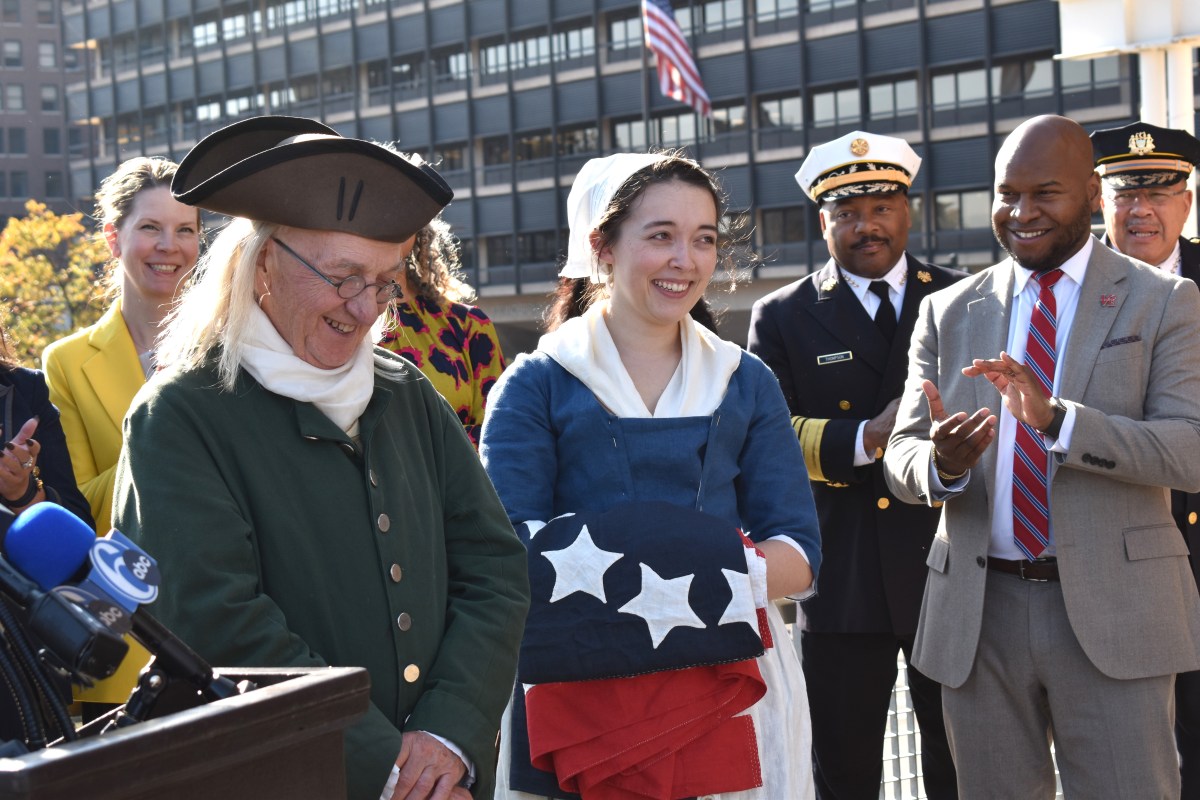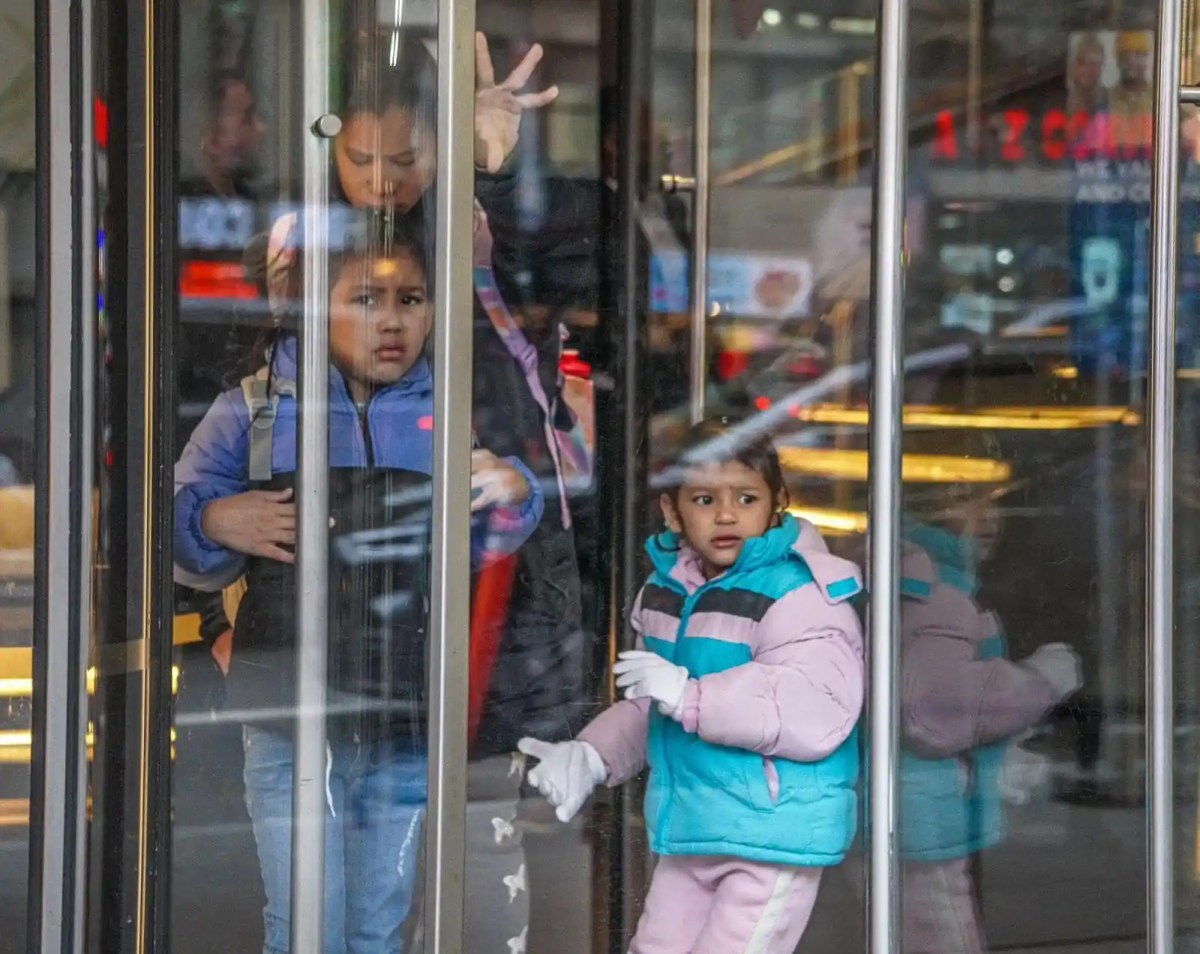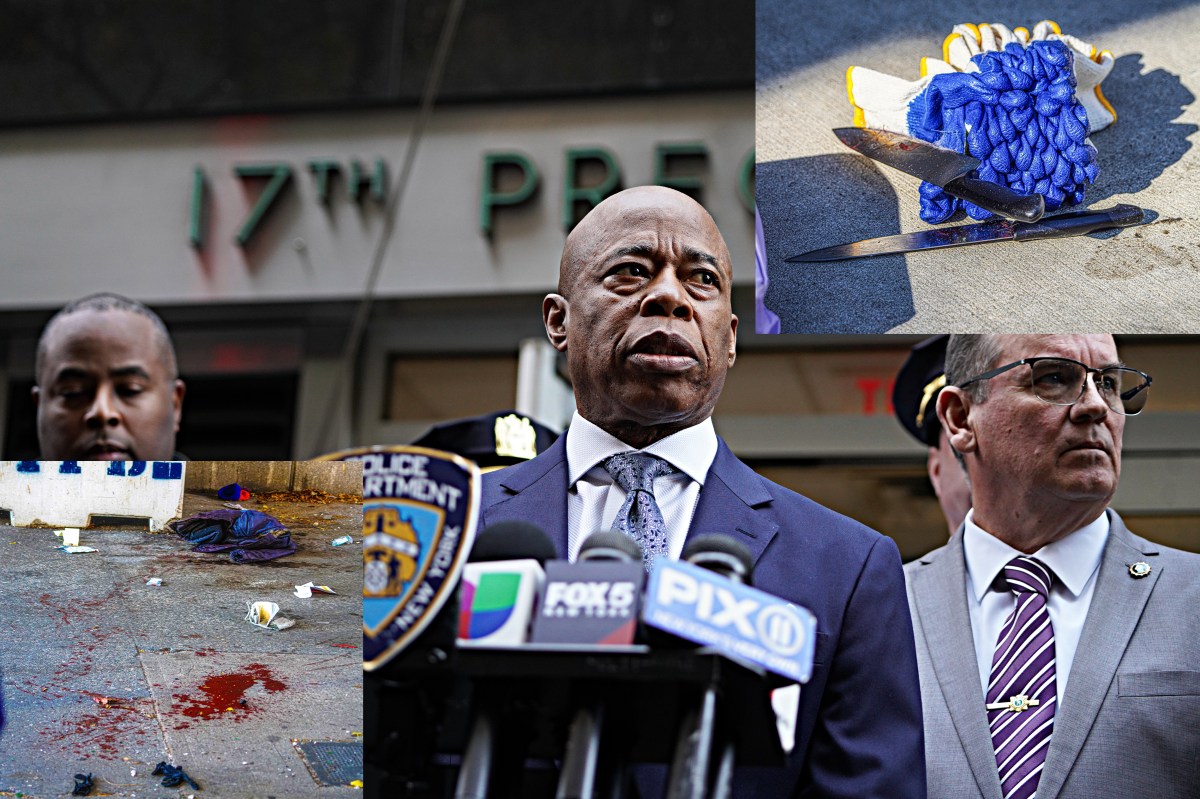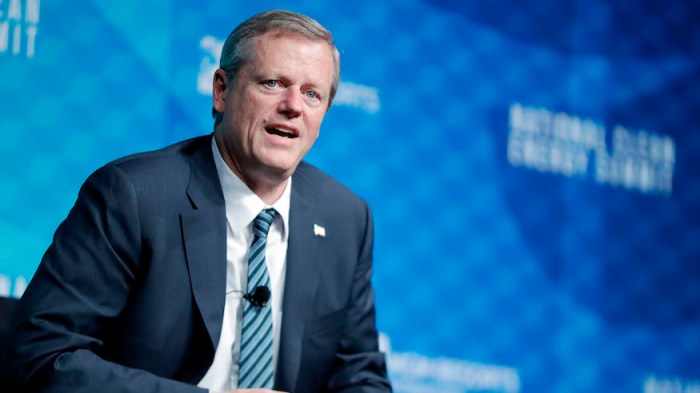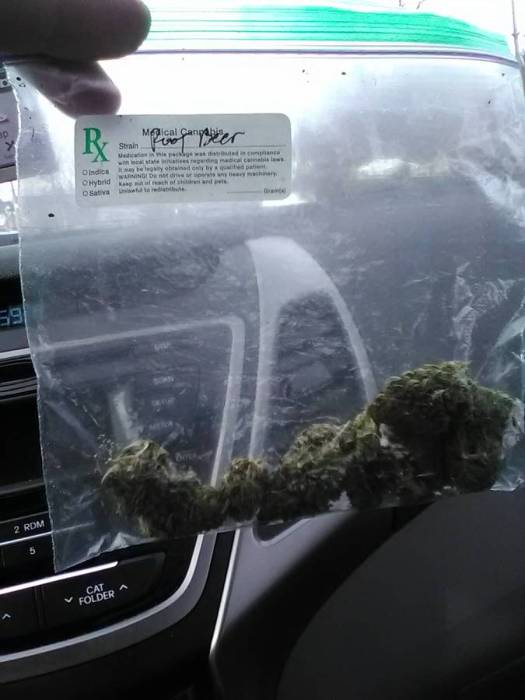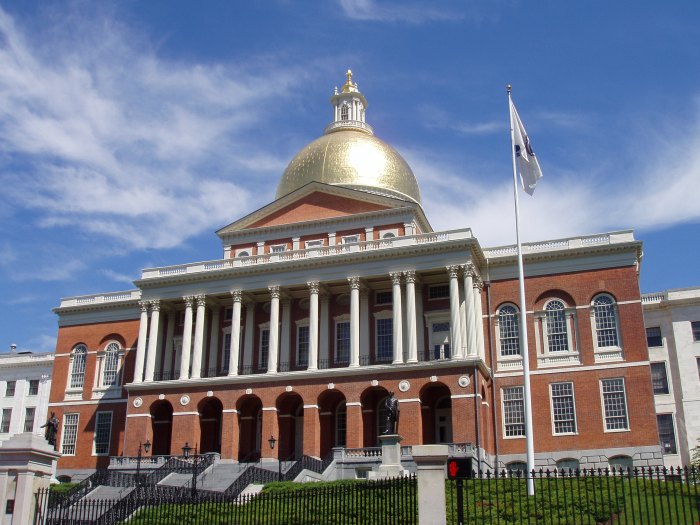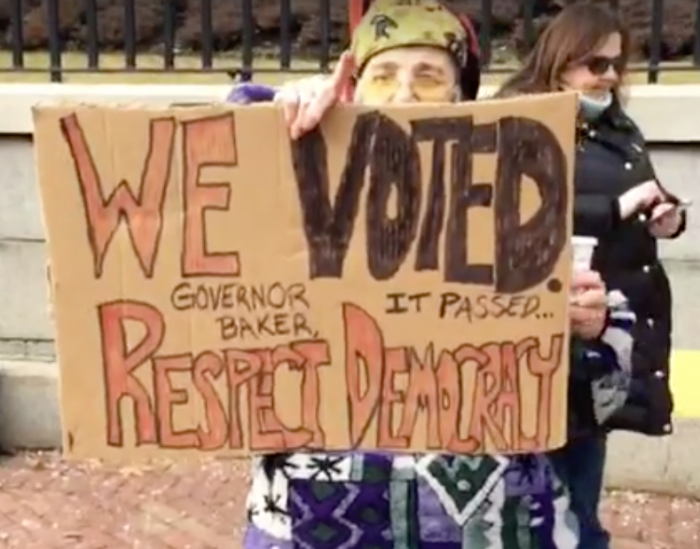The MBTA’s oversight board voted unanimously Monday to outsource the T’s warehousing and parts-delivery operations to a Virginia-based company under a five-year, $28.4 million contract. The move to outsource the T’s warehouse to Mancon Inc. is expected to generate $25.4 million in operational savings and another $38.8 million in avoided capital costs, one-time inventory liquidation and capital inventory management savings, according to a presentation made at Monday’s Fiscal and Management Control Board meeting. The Everett warehouse has been in the crosshairs of T officials since the Legislature in 2015 approved a three-year release from the so-called Pacheco Law, which requires a privatization proposal to be vetted by the state auditor. The warehouse inventory system, the T’s chief procurement officer said last year, was “completely broken,” and other T officials blamed problems at the warehouse on “severe dysfunction.” Warehouse operations are currently performed by T workers, who have blamed management, staffing levels and the main warehouse facilities for inefficiencies in parts delivery.
“This action will yield more reliable service for our riders while reducing the T’s operating costs,” Acting MBTA General Manager Brian Shortsleeve said. “It also highlights the value of the benefits of the flexibility granted to us by the Legislature through the Pacheco waiver.” The contract, approved unanimously Monday by the FMCB, is expected to reduce the amount of time T mechanics spend looking for the parts they need, cut down on the time it takes for parts to be delivered to repair facilities and allow the T to better organize its inventory, officials said. “Let’s be clear, the T is in the business of moving people, not parts,” Shortsleeve said. The contract with Mancon, he added, is “a win-win-win for the T, our riders and the taxpayers.” Ernest Miller, a managing partner at Optio Tempore who was brought in to evaluate the T’s inventory management, said the MBTA currently spends $12.1 million a year in “all-in costs” on the warehouse operation. Mancon will provide better service, he said, for $7.1 million annually. An official from Boston Carmen’s Union Local 589 — which represents the warehouse workers — said Monday the roughly 20 employees currently working at the T’s warehouse in Everett will stay on the job for 20 months and will then have an opportunity to transition to other jobs at the T. James O’Brien, president of the Carmen’s Union, said Monday that his organization knew in December when it ratified a revised and extended contract with the T that the agency planned to move ahead with outsourcing the warehouse. “Look, we don’t want to see any jobs outsourced at the MBTA. We oppose all privatization at the MBTA. We think that it’s still better to have it done with public employees,” O’Brien said. Warehouse workers currently work eight hours a day, Monday through Friday, O’Brien said. The T’s new contract with Mancon calls for the warehouse to be staffed 24 hours a day, seven days a week. “I think that if there was some investment made in the warehouses and if it was done 24/7 we could probably compete with these people,” O’Brien said.
The warehouse currently takes about 68 hours to respond and deliver requested parts while the industry standard is 12 hours, according to the T. Under the contract with Mancon, parts are expected to be available within 10 hours of a request — an anticipated reduction of 58 hours or roughly two and a half days. While the industry standard is 95 percent inventory accuracy — meaning the actual in-stock quantity of a particular item matches the expected quantity in the system of record — the MBTA weighted average of its accuracy is 61 percent. The contract with Mancon calls for the outside company to improve T warehouse inventory accuracy to 95 percent. Before the FMCB voted on the outsourcing proposal Monday, a slew of interest groups spoke in favor of the shift from public employee union to private enterprise. Among those to hail the new contract were the Massachusetts Fiscal Alliance, the Massachusetts Taxpayers Foundation, the Pioneer Institute and Charlie Chieppo of Chieppo Strategies. “Loud and powerful voices fought hard to maintain the status quo while riders and taxpayers rooted for reform,” MassFiscal Executive Director Paul Craney said in a statement. “On behalf of all us who rely on public transportation and the taxpayers, we thank you for your bold vote today.”
MBTA warehouse outsourcing to save millions

File Photo












